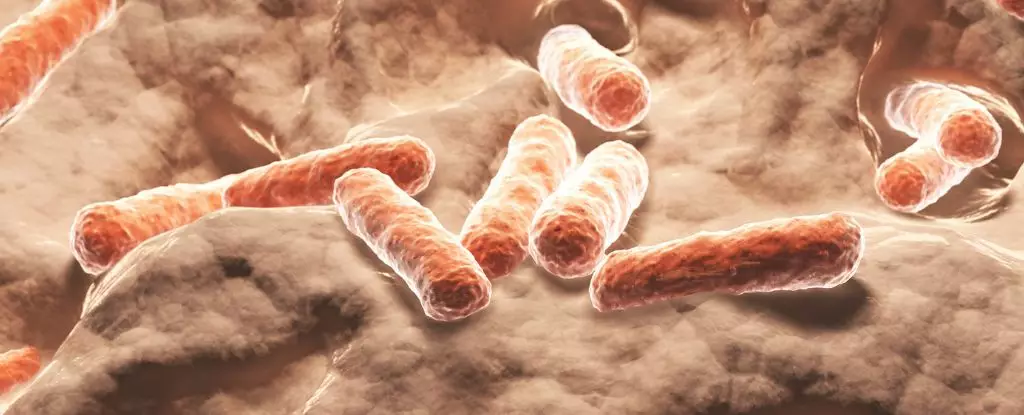In recent years, the quest for natural methods to manage blood sugar levels and curb sugar cravings has gained momentum. Groundbreaking research suggests that manipulating gut microbes can be a viable alternative to pharmaceutical approaches, akin to popular glucose-regulating medications like Ozempic. Shifting our focus towards the interplay between our gut environment and metabolic health, scientists are uncovering methodologies that could potentially help individuals better manage diabetes and cravings naturally.
Our understanding of the gut’s influence on health has evolved significantly. The gut microbiome—diverse communities of bacteria residing in the digestive tract—plays a pivotal role in regulating various metabolic processes, including blood sugar management. Recent findings from a team at Jiangnan University in China highlight the importance of specific gut microbes, particularly Bacteroides vulgatus, in orchestrating the secretion of beneficial hormones like glucagon-like peptide-1 (GLP-1). This hormone is critical for maintaining healthy blood sugar levels and promoting sensations of fullness after meals.
GLP-1’s primary function is to limit the release of glucagon, a hormone that raises blood sugar levels, while simultaneously enhancing insulin secretion. Thus, it’s easy to see why drugs that mimic GLP-1’s effects, such as semaglutide, have gained popularity as treatments for type 2 diabetes. However, the newer research aims to leverage our body’s innate systems rather than relying solely on external medications.
The study’s findings also delve into the intricate relationship between certain proteins, hormones, and sugar cravings. One essential component is the receptor protein Ffar4, which plays a vital role in the communication between gut microbes and our body’s hormonal responses. Interestingly, it was discovered that reduced activity of Ffar4 correlates with a decreased population of B. vulgatus in the gut, leading to diminished levels of the hormone FGF21.
FGF21 is crucial as it has been directly tied to sugar cravings; individuals with specific genetic variations leading to lower FGF21 levels are statistically more inclined to have a sweet tooth. Investigating these relationships further reveals that the delicate balance of gut microbiota can influence our dietary preferences and metabolic health. The data indicates that genetic predispositions, alongside gut flora, might be shaping our cravings and possibly playing a significant role in developing diabetes in susceptible individuals.
The implications of these discoveries extend beyond the laboratory, raising questions about how diet and lifestyle choices can influence our gut microbiome to promote better health outcomes. By encouraging the growth of beneficial bacteria, such as B. vulgatus, individuals may be able to enhance their body’s secretion of GLP-1 and FGF21 naturally.
In experiments where diabetic mice were administered a metabolite from B. vulgatus, a notable increase in GLP-1 secretion was observed, resulting in improved blood sugar regulation and reduced sugar cravings. This lends credence to the idea that encouraging the growth of certain gut microbes could serve as a natural adjunct or alternative to current pharmacological treatments.
While these findings are promising, further research is required to draw definitive conclusions about the clinical applications of manipulating gut bacteria for diabetes management. It is critical to explore how these microbial interactions differ between individuals due to genetic variations, existing health conditions, and dietary habits.
The potential for nutritional interventions designed to enhance the gut microbiome presents an exciting frontier in diabetes care. Tailoring diet plans to boost the presence of beneficial microbes may not only combat sugar cravings but also contribute to overall better metabolic health.
As scientists delve deeper into the gut microbiome’s role in regulating blood sugar and cravings, we stand on the brink of potentially transformative approaches that leverage our body’s natural processes for better health outcomes. Promoting beneficial gut microbes may very well become part of a holistic strategy for managing diabetes.


Leave a Reply